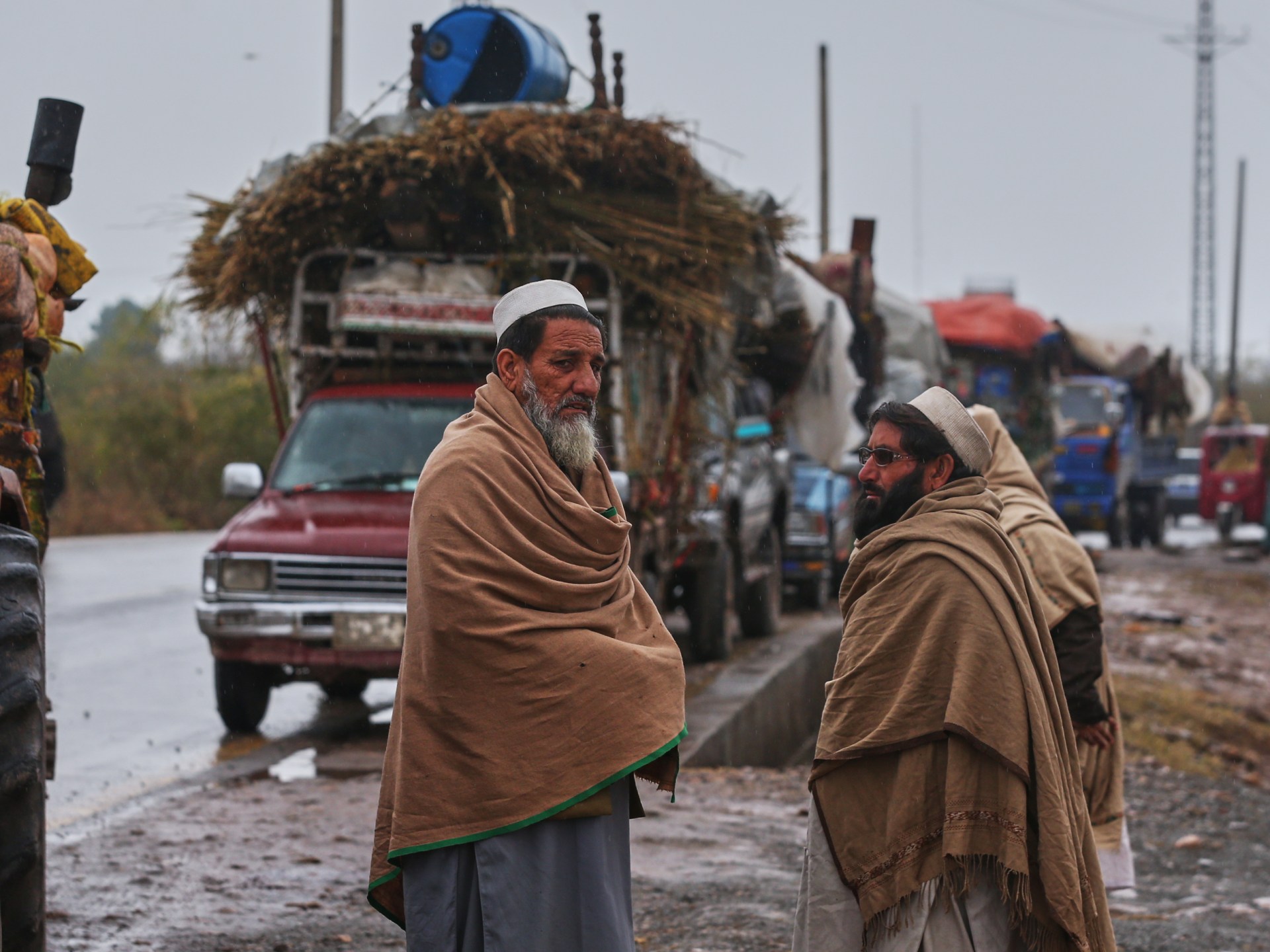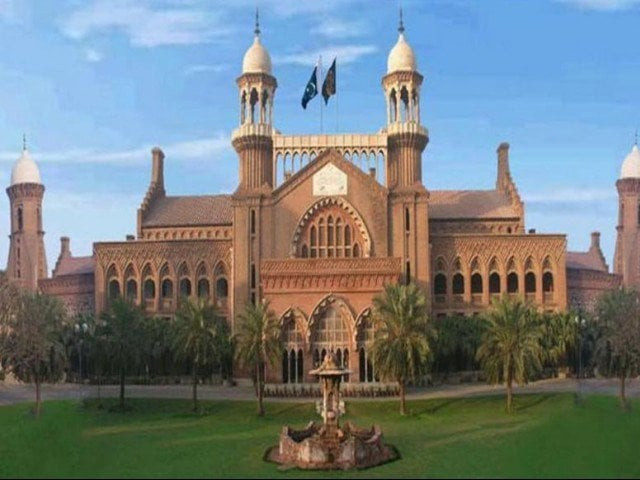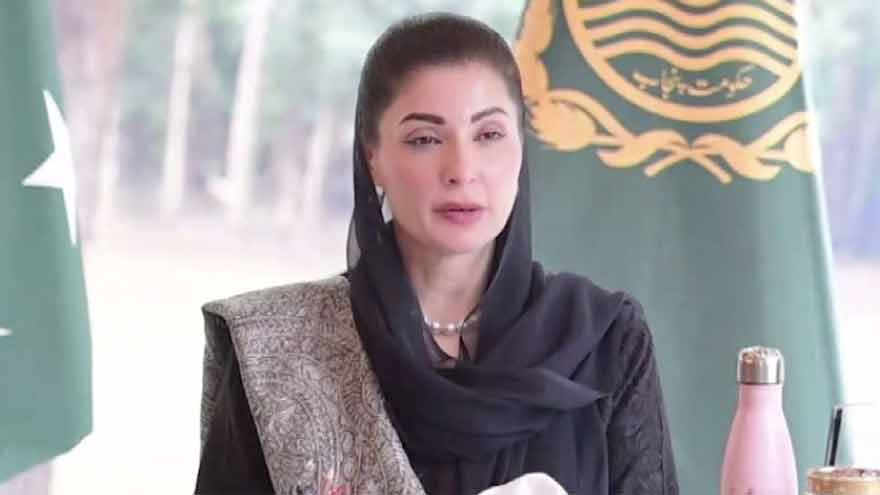Published On 28 Jan 2026
More than 70,000 people, mostly women and children, have fled from Tirah, a remote region in northwestern Pakistan bordering Afghanistan, as fears grow of an…

Published On 28 Jan 2026
More than 70,000 people, mostly women and children, have fled from Tirah, a remote region in northwestern Pakistan bordering Afghanistan, as fears grow of an…

The Lahore High Court on Wednesday took up a petition seeking…


The 8171 SMS service remains one of the most trusted and widely used systems in Pakistan to check CNIC status, payment eligibility, and installment updates for BISP and Ehsaas-related programs. Even in 2026, millions of beneficiaries rely on this…



LAHORE – Punjab Chief Minister Maryam Nawaz Sharif met with a delegation of National and Provincial Assembly members from Mianwali to discuss ongoing development projects, law and order, and public service…